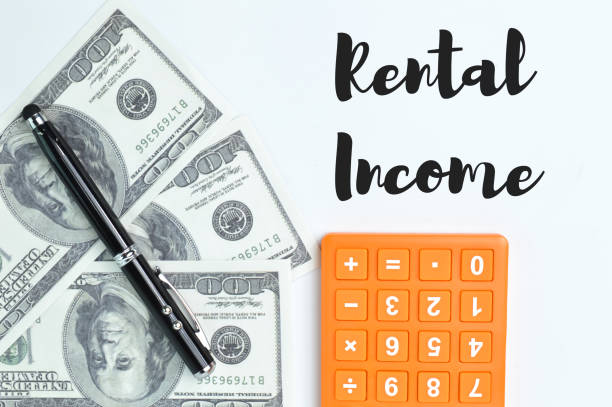Are you a Canadian property owner earning money from tenants? Then you’ll want to fully understand CRA rental income rules and updates in 2024. The Canada Revenue Agency (CRA) closely monitors income earned from renting properties, and non-compliance can lead to penalties, interest, or even audits. In this article, we’ll guide you through what qualifies as rental income, how it should be reported, what deductions are allowed, and the latest CRA updates affecting landlords in 2024.
What is CRA Rental Income?
CRA rental income refers to the earnings a property owner receives from renting out real estate—residential, commercial, or vacation properties. The CRA classifies rental income as taxable, meaning it must be reported on your annual income tax return. Whether you rent out a single room in your home or an entire property, those earnings are considered part of your total income.
If you’re earning over $30,000 in gross rental income, you may also need to register for a GST/HST number depending on the nature of your rental business. However, residential rent is generally exempt from GST/HST.
Reporting Rental Income Accurately
To stay compliant, Canadian landlords must file their rental income using Form T776 – Statement of Real Estate Rentals. This form helps outline your gross income and eligible expenses for each rental property.
Key tips for accurate reporting:
-
Declare all income: Even short-term rentals like Airbnb must be reported.
-
Joint ownership: If the property is co-owned, income and expenses should be split according to ownership share.
-
Foreign properties: Canadian residents must report rental income from international real estate as well.
What Can You Deduct?
One of the most advantageous aspects of managing CRA rental income is the ability to claim expenses. This helps offset your tax liability. Eligible deductions include:
-
Property taxes
-
Mortgage interest
-
Repairs and maintenance
-
Utilities (if covered by landlord)
-
Advertising
-
Insurance
-
Management fees
-
Depreciation (Capital Cost Allowance)
Make sure to differentiate between capital expenses (which add long-term value) and current expenses (for day-to-day operations). Capital expenses can’t be deducted in full the year they’re incurred but can be depreciated over time.
New for 2024: Key CRA Rental Income Changes
In 2024, the CRA has introduced several updates to clarify and enforce rental income rules:
-
Digital Platforms and Income Tracking: The CRA now requires digital platforms like Airbnb and Vrbo to report user income directly, increasing transparency and reducing underreporting.
-
Property Flipping Rule Expansion: Short-term resale of properties, including those initially rented, may now be classified as business income rather than capital gains, depending on intent and time held.
-
Principal Residence Exemption Adjustments: If you’re renting part of your principal residence, new CRA guidelines affect how much you can still claim the Principal Residence Exemption (PRE) when you sell.
Common Mistakes to Avoid
Many landlords unknowingly violate CRA rules, risking fines and audits. Here are common pitfalls to avoid:
-
Underreporting income from short-term rentals
-
Incorrectly claiming personal expenses as rental expenses
-
Not maintaining receipts or documentation
-
Failing to report foreign rental income
-
Claiming CCA in a way that eliminates the Principal Residence Exemption
Documentation is key. Always retain invoices, rental agreements, and utility bills related to your rental properties.
How the CRA Monitors Compliance
The CRA uses data-matching technologies, audits, and third-party disclosures to identify discrepancies in income reporting. In addition, new technologies allow them to monitor rental listings online, track income from payment processors, and flag inconsistent financial behavior.
If you’re ever unsure whether an amount qualifies as rental income or an expense is deductible, it’s best to consult a tax professional.
Tax Tips for Landlords in 2024
Here are a few strategic tax tips to help landlords optimize their CRA rental income filing:
-
Maintain a separate bank account for rental transactions
-
Keep digital and physical copies of all receipts for 6 years
-
Hire a property management company if you own multiple properties
-
Consider incorporation if rental activities grow significantly
-
Be cautious with CCA claims, especially if you’re living in part of the property
Conclusion
Navigating the complexities of CRA rental income in 2024 doesn’t have to be overwhelming. With proper documentation, timely filing, and a clear understanding of the rules, you can ensure compliance and reduce your tax burden. Whether you’re a first-time landlord or an experienced investor, keeping up with CRA updates and utilizing expert guidance is key.
For a hassle-free rental income tax experience, visit TaxHeadaches.ca. Our team specializes in Canadian tax compliance and is committed to helping landlords optimize their returns and avoid CRA issues.

